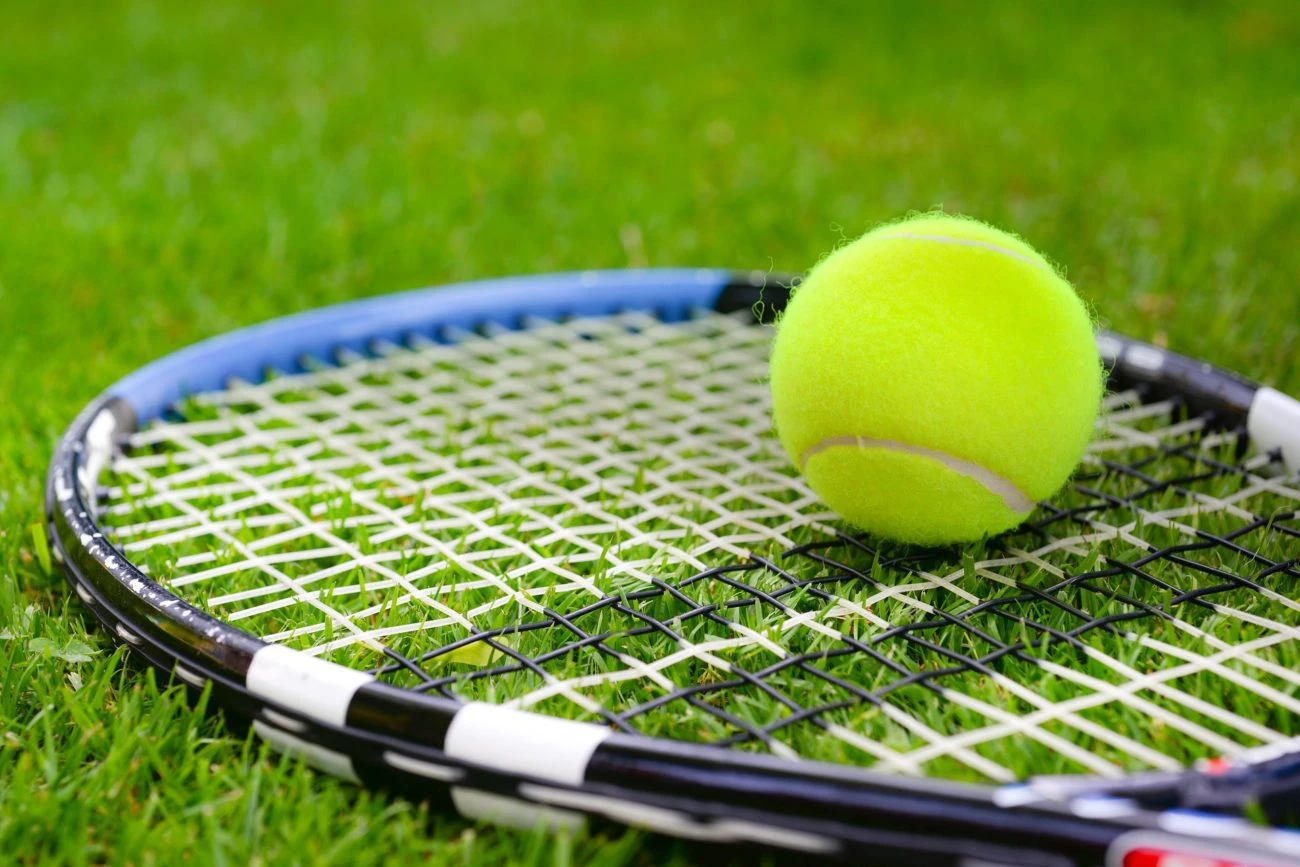Tennis Integrity Unit alerts fall to record low in 2019

The Tennis Integrity Unit (TIU), the sport’s anti-corruption body, has revealed it received 138 reports over suspicious match activity in 2019, the lowest annual amount since its integrity data was first made public in 2015.
The total for the 12 months to 31 December 2019 was also 47.7% less than the 264 alerts that were raised in 2018.
The fourth quarter proved to be the most active period with 43 alerts filed, but this was lower than 77 in Q4 2018, and less than half the 99 alerts received in the same period in 2017.
Some 41 alerts were sent in the third quarter, while 33 alerts were received in Q2 and just 22 in the first three months of the year.
The majority of alerts were related to the Men’s World Tennis Tour, with a total of 65 received by the TIU. The Women’s World Tennis Tour followed with 64, then ATP Challenger events on 31.
Just five alerts were raised for the WTA Tour and three for the ATP Tour, while the TIU did not receive any alerts over the showpiece Grand Slam events, nor the Hopman Cup, Davis Cup or Fed Cup tournaments.
The TIU receives the alerts by working in partnership with regulated gambling operators and data providers around the world.
According to the TIU, the overall decline in the number of alerts was down to a number of factors, including the deterrent effect of regular sanctions, arrests and detention of tennis players in Europe. In 2019, law enforcement agencies worked on various cases of alleged match-fixing in Belgium, Spain and France.
The TIU also highlighted its continuing close relationships with partners in the betting industry and increased monitoring and scrutiny of the sector.
Among the players that received sanctions over the past year was Brazil’s Diego Matos, who was handed a lifetime ban from tennis after being convicted of a number of match-fixing offences.
In October 2019, the TIU appointed Jonathan Gray as its first chief executive. Due to begin his new role next month, Gray will have responsibility for leading the development of the TIU as it evolves into a broader-based integrity organisation.
Gray will report to the independent Tennis Integrity Supervisory Board and work with TIU director Nigel Willerton, as well as a team of investigators and intelligence and education specialists.
He will also take responsibility for integrating the existing tennis anti-doping function into a new legal entity with overall responsibility for integrity in the sport.
In September last year, the Tennis Integrity Supervisory Board announced that the Tennis Anti-Corruption Program and Tennis Anti-Doping Programme would merge in an effort to enhance the integrity of the sport.
